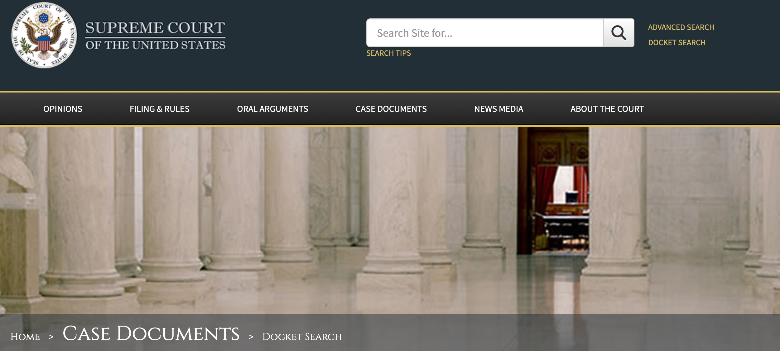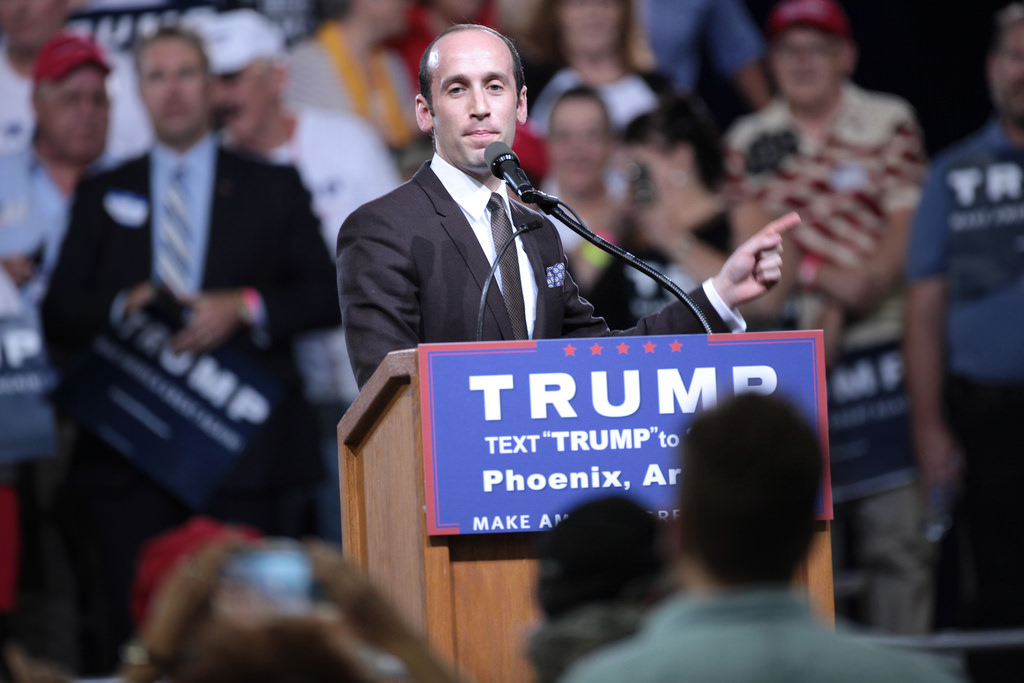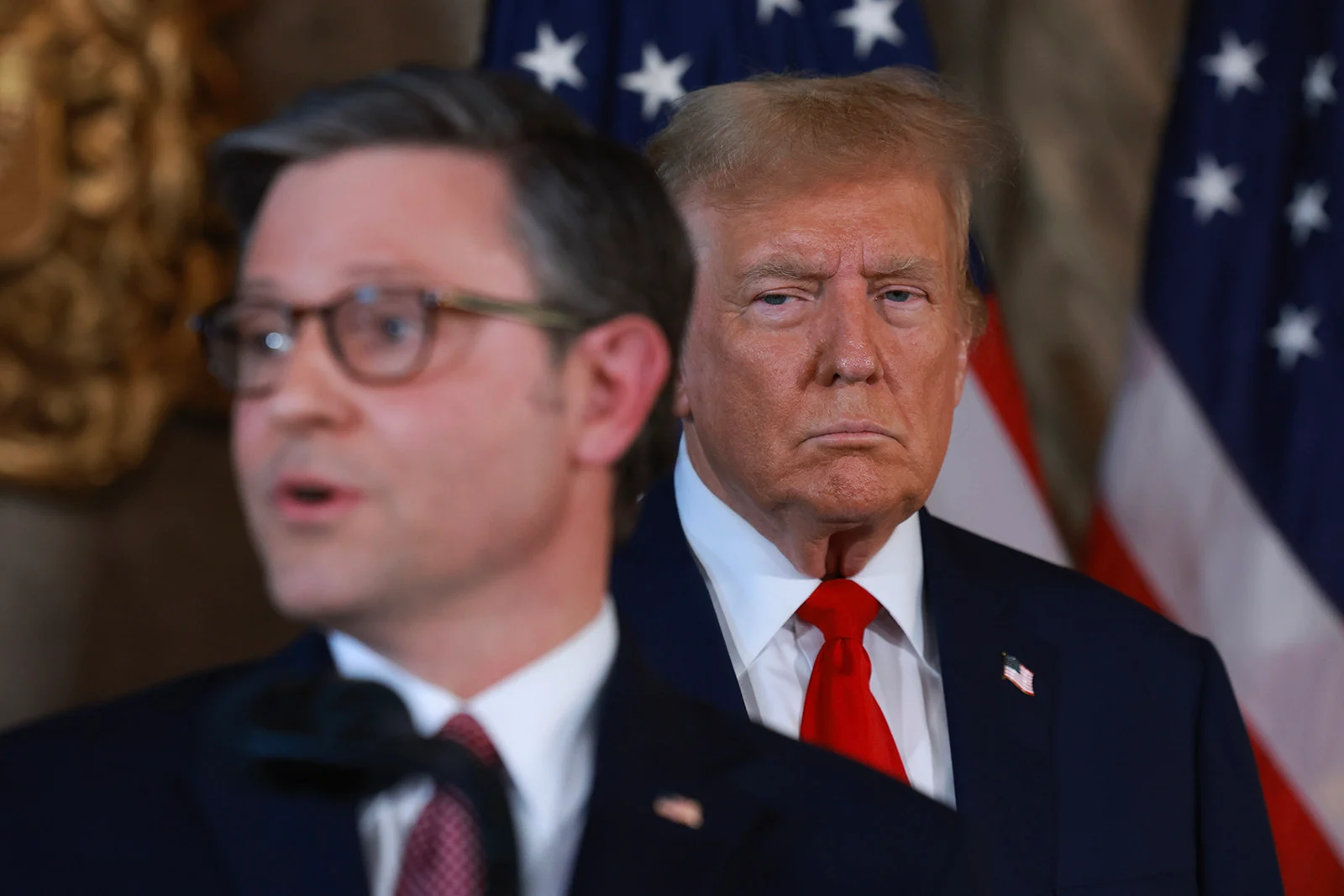The Supreme Court is poised to address a unique clash between two federal election laws in a case brought by Virginia Governor Glenn Youngkin against the Department of Justice (DOJ). Youngkin issued an Executive Order on August 7, 2024, aiming to clarify Virginia’s compliance with both the 1993 National Voter Registration Act (NVRA), commonly called the “Motor Voter” law, and the lesser-known statute 18 USC 611, which explicitly prohibits noncitizens from voting in federal elections. The DOJ’s lawsuit, filed on October 11, 2024, against this order, is rooted in these two federal laws, sparking a legal debate that now awaits resolution at the Supreme Court.
At the heart of the case is whether these laws work harmoniously to ensure voting integrity or, as the lawsuit suggests, are in direct conflict with one another. The NVRA mandates that citizens be offered the opportunity to register to vote when applying for a driver’s license. Meanwhile, 18 USC 611, known as “Voting by Aliens,” strictly limits voting to U.S. citizens. However, critics argue that for decades, states have presumed these laws align without actively verifying that registered voters meet citizenship requirements.
Under Youngkin’s Executive Order, Virginia sought to implement procedures to ensure compliance with both laws, specifically requiring voter registration processes to audit applicants for U.S. citizenship. But the DOJ contends that the NVRA includes a “Quiet Period Provision” within 90 days of an election during which no changes, including removal of registered voters, can be made. DOJ attorneys argue this provision conflicts with the Governor’s Executive Order, creating a “collision” between ensuring the integrity of federal elections and avoiding disruptions close to election days.
In Virginia, concerns over noncitizen registration reportedly surfaced from county officials, often referred to as “Registrars,” who felt they lacked clear guidelines for verifying citizenship for applicants registering through DMV services. Youngkin’s Executive Order emphasized that state election officials must confirm a registrant’s eligibility before placing them on the rolls, a process the DOJ claims is in direct violation of the NVRA’s Quiet Period Provision. The DOJ’s lawsuit asserts that by allowing for citizen-verification audits, even if the intention is to remove noncitizens, the Executive Order improperly interferes with the federal timeline and requirements set by the NVRA.
Further complicating matters, Youngkin and his supporters point to an apparent lack of federal enforcement of 18 USC 611, with critics noting that neither the DOJ nor former Attorney General William Barr referenced this statute during recent elections. Governor Youngkin argues that the apparent disinterest by the federal government in enforcing 18 USC 611, which strictly prohibits noncitizen voting, leaves states with no choice but to implement measures to enforce both federal standards.
The lawsuit has fueled debates among election officials and advocates over how registration processes interact with voting laws. Critics of the Motor Voter Act argue that it assumes states automatically verify citizenship before voter registration—an assumption they claim is unproven and, as yet, unaudited.
Prince William County in Virginia conducted an audit following a Freedom of Information Act request in 2019, revealing that at least 6% of registered voters were likely ineligible due to citizenship status. Extrapolating these findings, advocates argue the number of ineligible voters could be significantly higher.
Adding to the controversy, organizations like the National Election Integrity Association (NEIA) have filed amicus briefs in support of Governor Youngkin, claiming that the NVRA’s Quiet Period Provision should not protect individuals ineligible to vote, such as noncitizens. NEIA argues that since noncitizens inherently lack eligibility, they are not entitled to protections under the NVRA’s 90-day quiet period and therefore can be removed from voter rolls without violating federal law.
The DOJ’s response, however, asserts that any changes to voter rolls within 90 days of an election violate the NVRA’s provisions, potentially impacting valid registered voters and complicating the administrative process close to election day. Federal officials maintain that any discrepancies in voter registration should be addressed outside this 90-day period, to prevent undue election interference.
The Supreme Court’s decision on the case could have far-reaching implications for voter registration processes and election integrity ahead of the 2024 presidential election. A ruling in favor of Virginia could empower states to independently verify citizenship for voter applicants, particularly for registrations obtained through the DMV.
Conversely, a decision upholding the DOJ’s position may affirm that the NVRA’s Quiet Period supersedes citizenship-verification efforts, restricting states from making changes to voter rolls during the federal 90-day window.
Governor Youngkin’s stance reflects growing concerns over the role of states in ensuring voter eligibility, particularly in an era of increased migration. His executive order, which he asserts addresses gaps the federal government has neglected, has been criticized by immigrant-rights advocates who argue it places unnecessary scrutiny on minority communities. However, proponents of the executive order argue it’s a necessary measure to enforce existing federal standards, particularly when federal oversight is seen as inadequate.
With the case now before the Supreme Court, advocates on both sides await a decision that will clarify how federal election laws interact, potentially reshaping voter registration protocols in states across the country.



